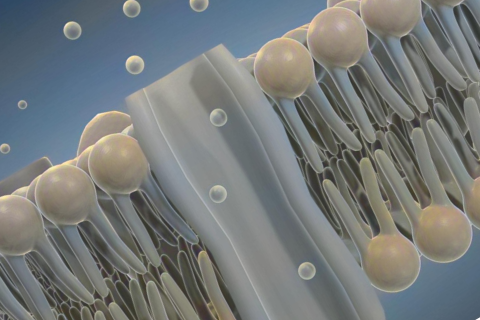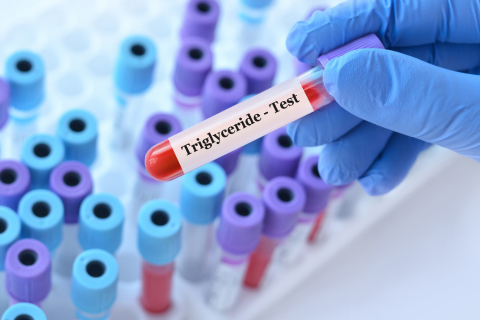 I always love reading about how gratitude practice can help support our health and wellness. There are all kinds of studies suggesting that gratitude is good for us (for more on that, check out this blog!) Recently, Hartanto and colleagues, all of Singapore Management University, recently published an article in Nature’s Scientific Reports about the relationship between gratitude and lipid profiles. Yes, you read that right!
I always love reading about how gratitude practice can help support our health and wellness. There are all kinds of studies suggesting that gratitude is good for us (for more on that, check out this blog!) Recently, Hartanto and colleagues, all of Singapore Management University, recently published an article in Nature’s Scientific Reports about the relationship between gratitude and lipid profiles. Yes, you read that right!
This study involved approximately 1,800 adults from the United States between 26 and 86 years old. They asked them to fill out two gratitude questionnaires that included statements like, “I have so much in life to be thankful for.” The participants rated, on a 7-point scale, whether they strongly disagreed (1) or strongly agreed (7) with these statements. Each participant’s scores were averaged to produce an estimate of gratitude. They also asked participants to provide blood samples that were tested for lipid profiles. I’ll skip over the details, but as you may know, there are three basic types of cholesterol: high-density lipoprotein (HDL, known as the ‘good’ cholesterol), low-density lipoprotein (LDL, known as the ‘bad’ cholesterol), and triglycerides, which are a type of fat found in your blood. This paper’s research questions can be boiled down to this: Do people with higher levels of gratitude also report higher levels of ‘good’ cholesterol (HDL) and lower levels of ‘bad’ cholesterol (LDL and triglycerides)? 
The results revealed no relationship between gratitude and HDL or LDL levels. However, there was a significant relationship between gratitude and triglyceride level, such that participants who had a higher average level of gratitude also showed lower levels of triglycerides. This relationship remained true even after controlling for demographic covariates such as race, education, familial income, and gender. Why is this important? According to the Mayo Clinic, having high triglyceride levels can contribute to the hardening or thickening of artery walls, which can increase a person’s risk of stroke, heart disease, or heart attack. To avoid these things, we want to keep those triglyceride levels low!
 This study is a fantastic one, but it’s correlational rather than causational. We can’t conclude that gratitude practices cause lower triglyceride levels. It could be that people who have lower triglyceride levels happen to be more grateful. This study can’t determine which way this relationship works or what the mechanism is that underlies the link between the two. But it is a step towards understanding the complex ways that our attitudes about the world interact with the biology of our bodies, particularly when it comes to health and wellness. One thing I love about understanding the science is that I can choose how I might integrate the findings into my life. In this case, even if gratitude doesn’t cause my triglyceride levels to go down, why not try it? If it has the potential to help, why not give it a go? And the great thing about research is that I’m sure someone is building on this study to find out more!
This study is a fantastic one, but it’s correlational rather than causational. We can’t conclude that gratitude practices cause lower triglyceride levels. It could be that people who have lower triglyceride levels happen to be more grateful. This study can’t determine which way this relationship works or what the mechanism is that underlies the link between the two. But it is a step towards understanding the complex ways that our attitudes about the world interact with the biology of our bodies, particularly when it comes to health and wellness. One thing I love about understanding the science is that I can choose how I might integrate the findings into my life. In this case, even if gratitude doesn’t cause my triglyceride levels to go down, why not try it? If it has the potential to help, why not give it a go? And the great thing about research is that I’m sure someone is building on this study to find out more!
Citations: Hartanto, A., et al. (2022). Dispositional gratitude, health-related factors, and lipid profiles in midlife: A biomarker study. Scientific Reports, 12, 6034. https://doi.org/10.1038/s41598-022-09960-w
